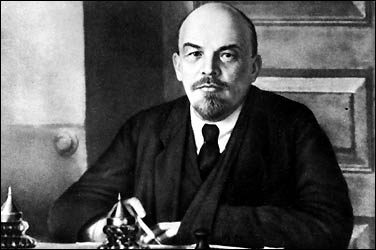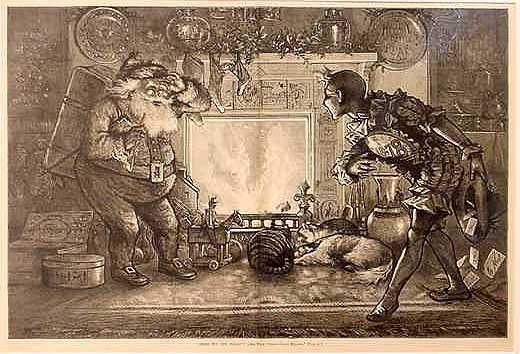
Yesterday was Christmas. Today marks the birth of someone whose life, too, was of great significance to humanity. Both grew to precipitate enormous changes in the affairs of men. Both were hailed as superhuman, one as the Savior, the other as “the red sun in the center of our hearts”. Both can take credit for the frightful suffering left in their wake. But, then, the Christian ethos, like that of the Communism of Mao, preached a sort of redemption through suffering and self-abnegation, Maoism in this life, Christianity in the next.
And, yes, there are morbidity statistics for each. Taking into account the Christian legacy of the Crusades, chattel slavery and the settlement of the Americas to 1700, The Good Lord has Mao beat by about 200 million lives. This, even by the most outlandish estimates of Mao’s many detractors in the West (and nearly all of his most devout haters are westerners, either by birth or, baroquely, by choice). Of course, Christ and his progeny have had two millenia to make mischief; the Maoists, barely a few generations.
But, what about today, on the 112th anniversary of Mao’s birth? The great movement of the triumvirate of Lenin, Stalin and Mao, which defeated fascism, broke the chains of colonialism, and built socialism in countries where poverty and serfdom had largely prevailed, that movement is now in eclipse. In the West, partisans of Jesus occupy nearly all of the top positions in government, the military and business. Banking and finance are in the hands of those not unfriendly to Christian capitalism and, save for a handful of neighborhoods in Peru, Nepal, India, and the Philippines, Mao seems to have fallen out of fashion. Modern China is still on nodding terms with its founder, but it is out of fealty, rather than devotion.
But, if “Maoism” (his followers insist his is the third, and highest, “stage” of Marxism-Leninism) is in retreat, its nemisis, capitalism, clearly, is in steep and irreversible decline. Its epitaph is already being written in unemployed Europe, “neo-liberalized” Latin America and in the decaying hell-holes that are America’s cities. It has nothing to offer the future except the apocalypse, the natural successor to an increasingly threadbare protection racket beguiling a sullen and exhausted population. Soon, even Christ Himself will be “downsized” into a parody of his former self, “outsourced” to the vagaries of a capitalism gone mad and turned in on itself.
It is precisely here, within the conditions of apocalypse that Maoism finds it natural element, where suddenly all of its faults become virtues. This is partly why I believe it will be the Maoist and not the Christian believer who will prove most durable in history’s Long March.
Happy Birthday, comrade.
 Left & bottom: Typically heroic images from the People’s War, a classically Maoist strategy of surrounding and choking off the old state from the countryside. Middle: Abimael Guzman (aka ‘Chairman Gonzalo’) as he appeared in a Lima courtroom in November, 2004.
Left & bottom: Typically heroic images from the People’s War, a classically Maoist strategy of surrounding and choking off the old state from the countryside. Middle: Abimael Guzman (aka ‘Chairman Gonzalo’) as he appeared in a Lima courtroom in November, 2004.

 “Miner’s Housing”
“Miner’s Housing”



 ‘Rising Sun’; The Swimwear for 2006 by Speedo
‘Rising Sun’; The Swimwear for 2006 by Speedo After a pause, refreshed?
After a pause, refreshed? 



